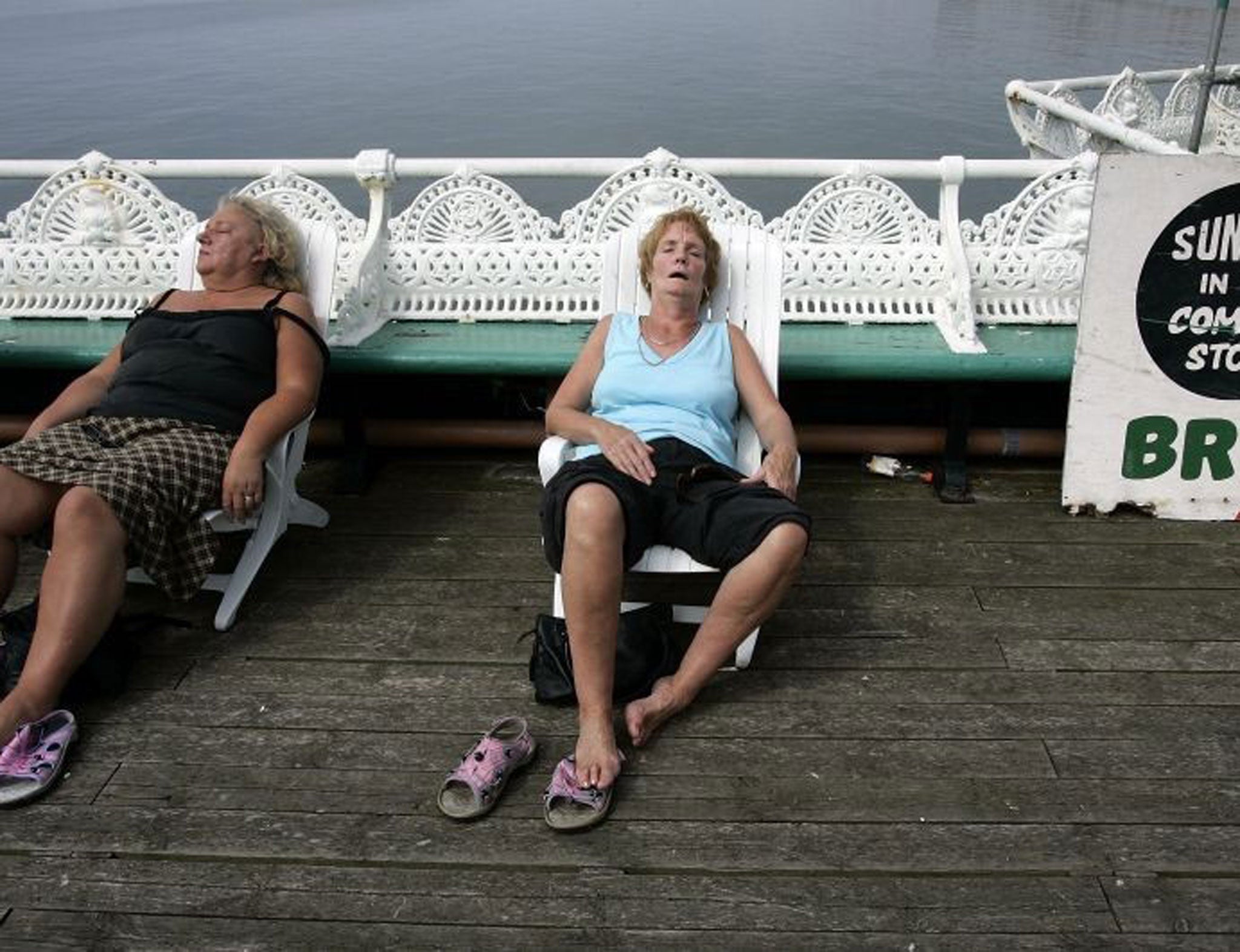Kate Hughes: Life and health are not to be begrudged

It's a truth that all of us have had a subconscious knowledge of for as long as we can remember: gender, occupation, wealth and even where in the country you live can have a huge effect on how long and in what health you survive.
We know this. It's nothing new. There have been endless studies on the subject. But the latest research from the TUC has now made the small step to quantifying that in cash and state pension terms. And it makes for pretty uncomfortable reading.
The headline figure is that a woman in her 40s living in East Dorset (with the longest life expectancy in the UK) can expect to receive £67,000 more in state pension throughout her lifetime than a woman of the same age living in Corby (with the shortest), who she is likely to outlive by a whopping nine years.
There's also the occupation element. A female managerial or professional worker retiring in 2028 can expect to live 3.8 years longer than a female manual worker, compared with 2.4 years today, the research suggests. This state pension divide works out at £29,000. The equivalent gap for male manual and professional workers is £23,000, or 3.1 years.
And despite average life expectancy continuing to rise considerably, to an average of 80 years in the UK according to the World Health Organisation, with the state pension age rising to 66 between 2018 and 2020 and to 67 between 2026 and 2028, the TUC claims that this increase is outstripping the rate at which we are living longer.
It means, the organisation says, that those waiting an extra two years to retire will receive thousands of pounds less than they would have if the age had stayed put.
This all throws up two questions. The first is more fundamental - why, despite efforts to balance the gap is there still such a significant difference in life expectancy based on where you live?
And second, if you take away the rising state pension age, which is of course what the TUC is actually going on about, how should we feel about this concept of hypothetical 'extra cash' more broadly?
I'm not saying, for a moment, that the longevity gap is OK. It's not – trust me, I'm a Northerner and the figures don't look great for me. I checked.
Get a free fractional share worth up to £100.
Capital at risk.
Terms and conditions apply.
ADVERTISEMENT
Get a free fractional share worth up to £100.
Capital at risk.
Terms and conditions apply.
ADVERTISEMENT
But the attention that this research has received is based solely on who gets more or less than us.
As Frances O'Grady, the TUC General Secretary says: “There is already a shocking divide in life expectancies across Britain, and if current trends continue, that inequality will get worse in the coming decades. The government's pension reforms will add to the problem, with people in richer areas receiving more from the state, while those in poorer areas receive less.”
OK, point made. But how far do we take the indignation that some people will live longer and therefore receive more in state benefits generally? Don't forget the extra hospital stays, extra winter fuel allowance. I wonder if it's possible to calculate the equivalent gain in free bus passes.
Where does it stop? Should we begrudge people a month's extra life? Two? A year?
These are genuine questions because inequality is what our entire benefits system is based on. At a basic level we accept that some people need and receive more than others, from the NHS to a roof over their heads.
That every single taxpayer takes part in that, pays in and has no quantifiable expectation of what we'll get back, in the knowledge that our neighbours, bosses, the bloke sitting next to us on the bus may receive more or less, and that we've been doing it for decades is a true testament to all of us.
So for once, and oddly for a financial column, let's focus on balancing the expectation for healthy life nationwide for all of us. Forget about the money.
Join our commenting forum
Join thought-provoking conversations, follow other Independent readers and see their replies
Comments
Bookmark popover
Removed from bookmarks